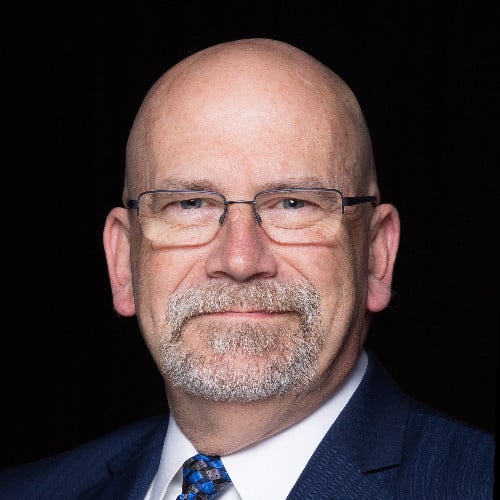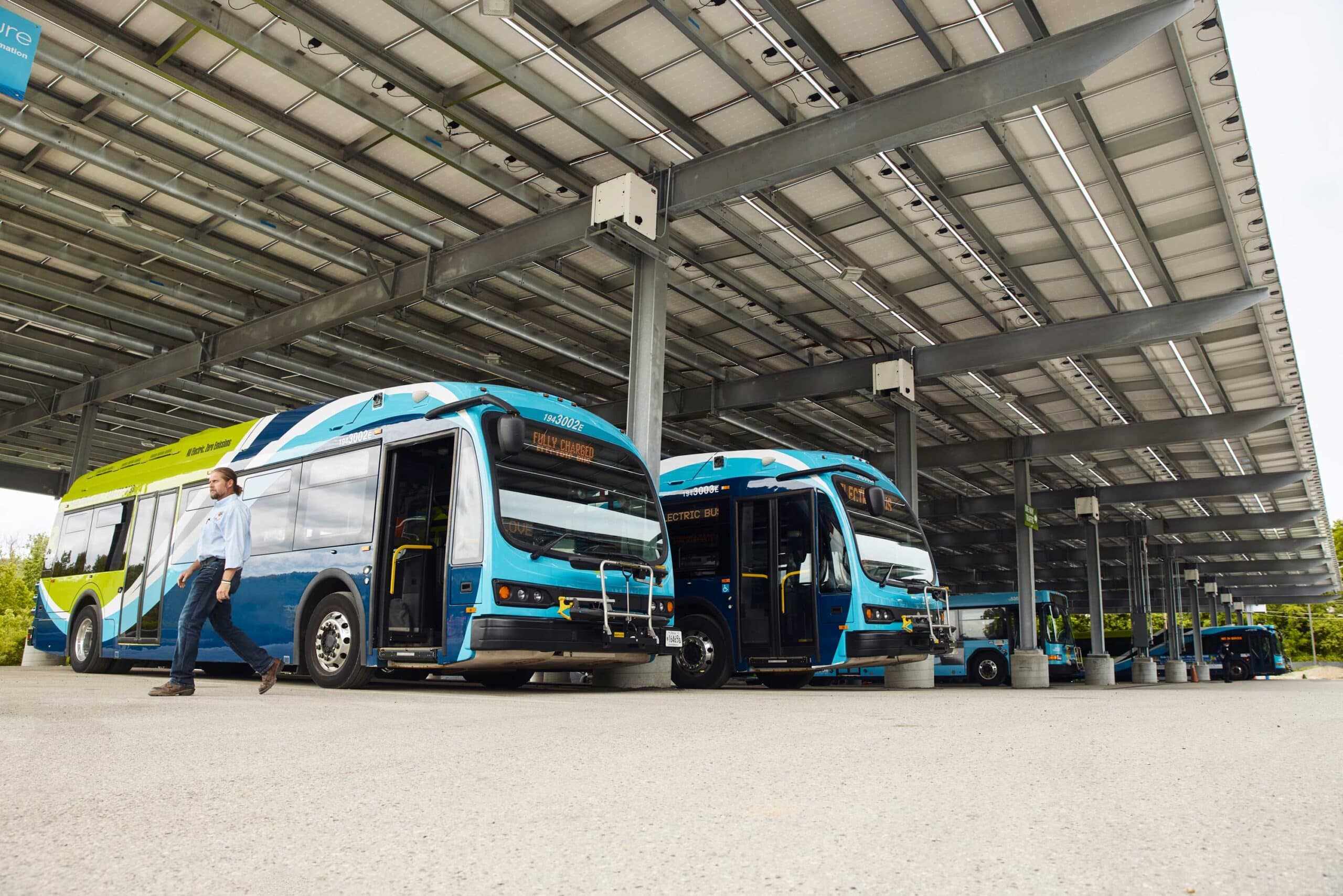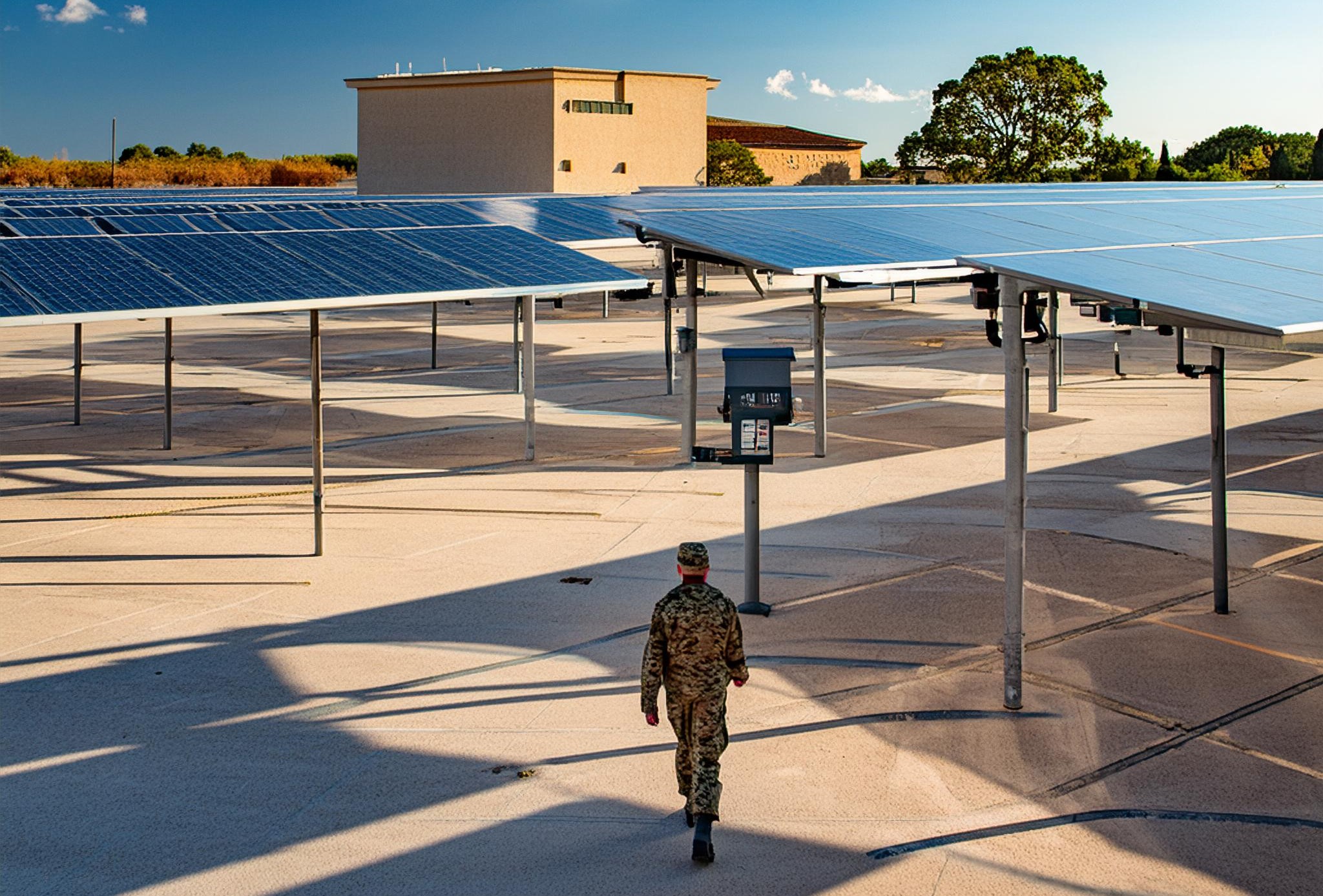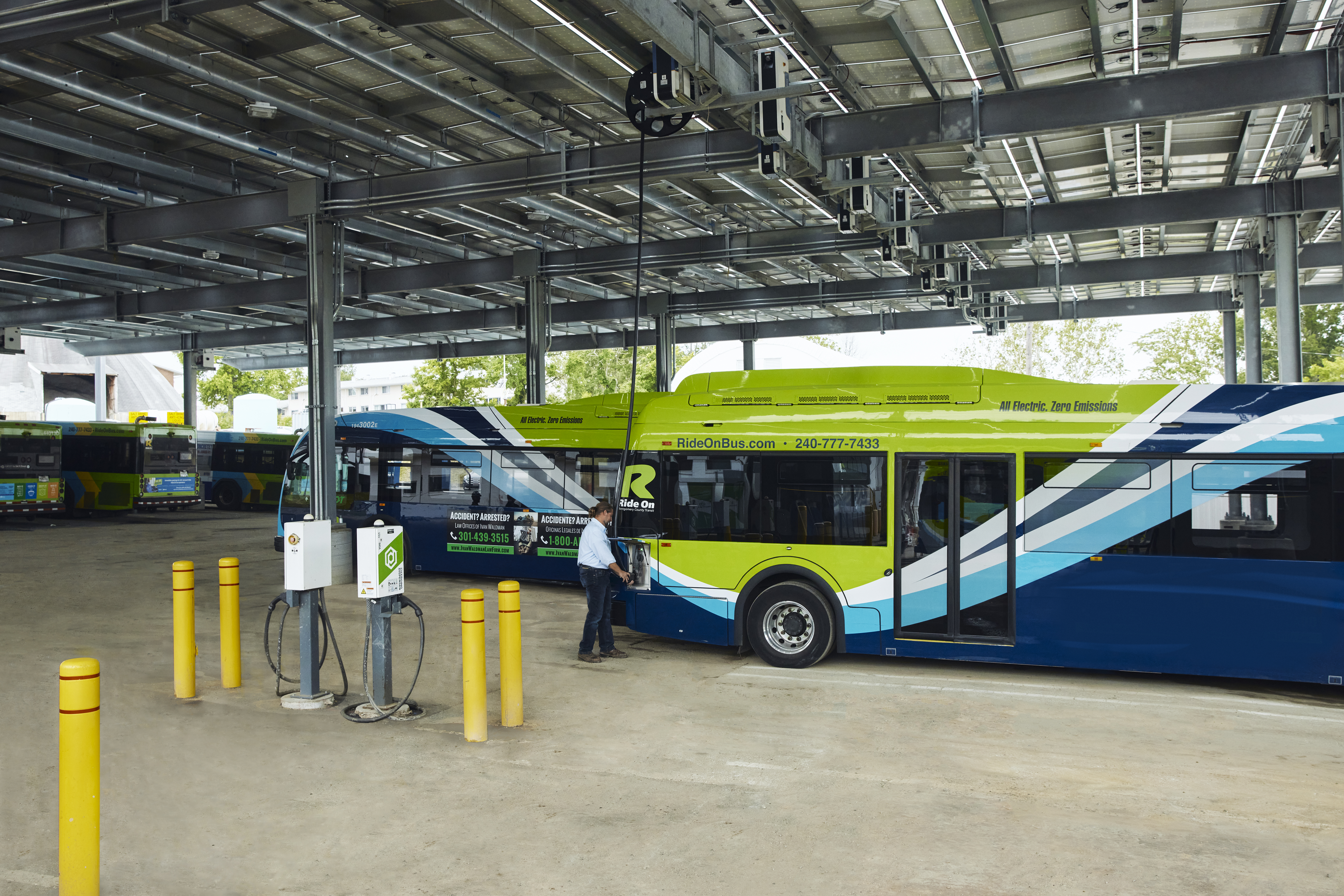Montgomery County government takes pride in its commitments to sustainability. In the past few weeks, the country has watched as the effects of climate devastate the most vulnerable among us. As communities impacted begin to rebuild, it is imperative that, as a nation, we take aim to slash carbon emissions and preserve the quality of life for, not only Montgomery County’s 1 million residents, but the population as a whole. Accounting for 16 percent of Maryland’s GDP, and with the nation’s capital as our neighbor, Montgomery County has a responsibility to lead by example.
The groundbreaking of the Brookeville Smart Energy Bus Terminal on September 9th marks one step closer to achieving the County’s goal of eliminating greenhouse gas emissions by 2035. This is an innovative project that leverages resources and efficiencies made possible through public-private partnerships to provide clean, reliable and equitable transportation to the millions of passengers that ride our—soon to be electric—buses annually.
A disproportionate 42 percent of Montgomery County’s emissions come from public transit. We are committed by our example to decreasing the number of County vehicle miles travelled, reducing congestion, improving air quality, and bolstering our community’s resilience. As such, the County will cease purchases of fossil-fueld by 2022 and aim to electrify 100 percent of our transit fleet and Montgomery County Public Schools school buses by 2027.
Just last week, states from the Gulf of Mexico to New England experienced unprecedented flooding as Hurricane Ida barreled north. Recalling the Derecho storm in 2012 that left over 250,000 Montgomery County residents and 71 county facilities without power for multiple days, it is the responsibility of leadership to make sure our community and infrastructure is resilient to extreme weather and unexpected grid outages.
Successful fleet electrification requires an integrated infrastructure solution—one that accounts for electric buses themselves, routing, charging infrastructure, charging and energy management software, and distributed energy resources. That’s why we turned to our partners at AlphaStruxure to deploy an integrated microgrid and electric bus charging infrastructure system. This innovative project will alleviate pressure on the grid, optimize energy costs and ensure sustainable and reliable transit operations.
Moreover, the Brookeville Smart Energy Bus Depot will deliver dramatic sustainability benefits, reducing emissions by an estimated 62 percent and eliminating 155,000 tons of carbon dioxide emissions over its lifetime. The microgrid ensures transit service continuity in the event of extreme weather and power outages, so our residents can still get to work, schools and hospitals.
The latest bipartisan infrastructure package includes historic investments in clean transportation, including $2.5 billion for zero emission buses, a marked increase over the roughly $130 million the Federal Transit Administration spent on electric transit programs in 2020. But federal spending alone can’t foot the bill to electrify the nation’s entire fleet. To meet President Biden’s emissions targets on time will require unprecedented levels of public-private collaboration.
Montgomery County’s public-private partnership with AlphaStruxure is financed through an Energy as a Service agreement, which allows us to advance our net-zero goals and deploy the Brookeville Smart Energy Bus Depot at no upfront cost to our taxpayers. The project delivers full fleet routing flexibility, reduced emissions and resilient energy supply, while eliminating financial and operational risks for the County. All of this translates to reliable service and an overall better experience for RideOn Montgomery customers.
The Brookeville Smart Energy Bus Depot is a shining example of how society’s transition to clean energy will simultaneously create good paying jobs, reduce carbon emissions and fortify critical infrastructure.
It’s our hope that Montgomery County’s electric bus initiatives, made possible through innovative public-private partnerships, provide a replicable, scalable model for states and municipalities nationwide to follow suit.





